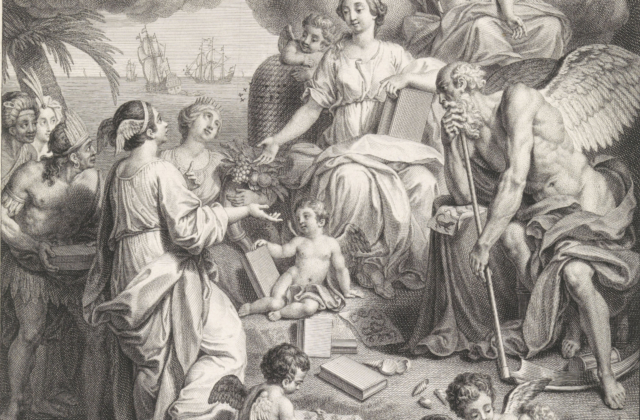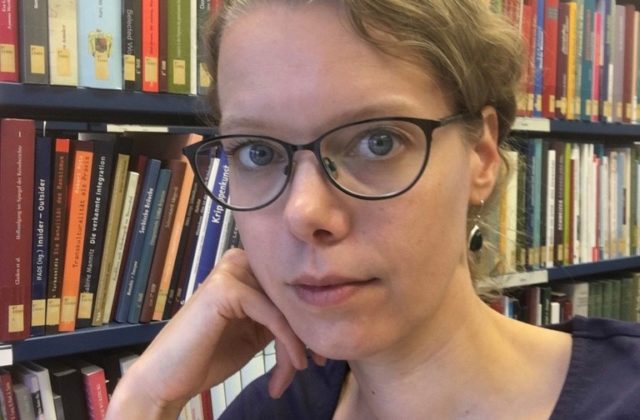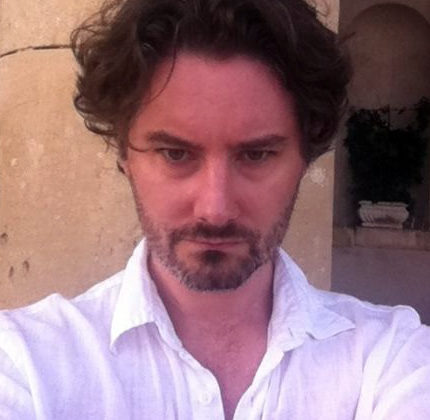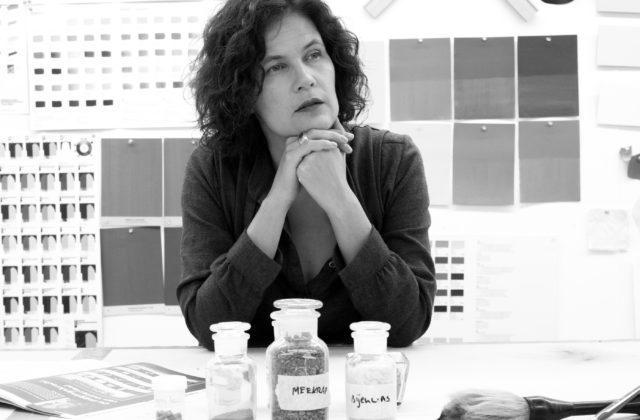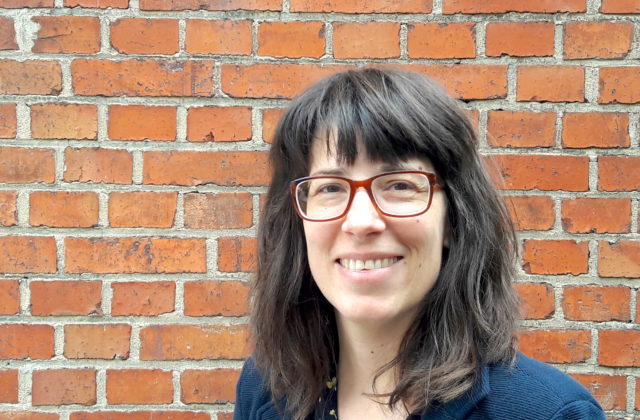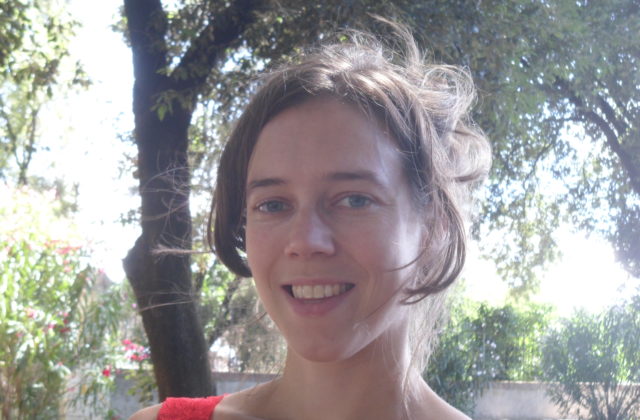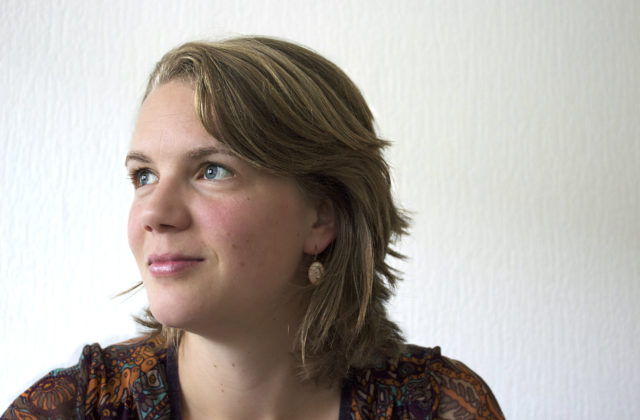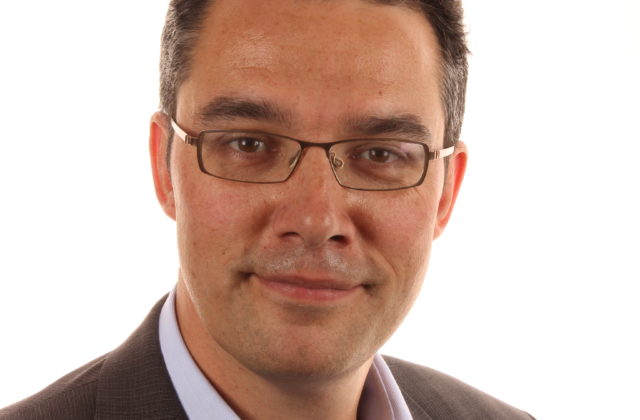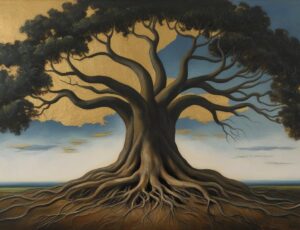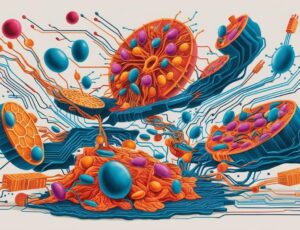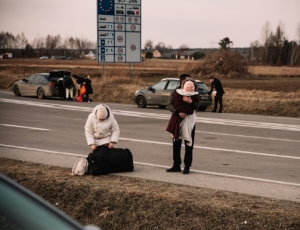About the Topic
This long duree history of changing conceptions and designations of knowledge builds on existing scholarship on early modern knowledge societies and provides much-needed insight in the formation and modification of understandings of knowledge.
Understandings of knowledge are notoriously complicated in historiography. The use of concepts is fluid, multi-layered, and they have various, context-specific meanings. Moreover, interpretations and uses change over time. This makes it hard to speak of stable, well-defined practices or domains of knowing. Such conceptual unclarity is a particularly relevant problem for the history of knowledge. This group takes up the challenge by developing a multidisciplinary collection of essays discussing changing uses and understandings of knowledge in the Low Countries from roughly 1500- 1900.
Participants
With the participation of guest researchers:
- Emma Mojet
- Karen Hollewand
- Floris Solleveld
- Frans van Lunteren
- Rens Bod
- Christoph Lüthy
- Inger Leemans
NIAS-Descartes Theme Group
This Theme Group is part of a collaboration between NIAS, the Descartes Centre for the History and Philosophy of the Sciences and the Humanities (Utrecht University), the Max Planck Institute for the History of Science (Berlin) and the Huygens ING (The Hague). Read more about the global knowledge society project or read more about Descartes theme-group fellowships…
